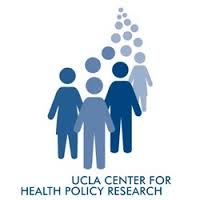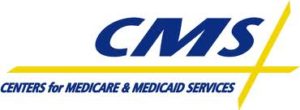Perspective on Medicaid
A new report looks at how Medicaid has affected the health and health care of people throughout the country.
The Commonwealth Fund report “Understanding the Value of Medicaid” examines the impact of the Affordable Care Act’s expansion of Medicaid and notes that the program currently serves 73 million children, seniors, low-income working adults, and people with disabilities.
 It also examines how Medicaid expansion has enhanced access to care and even given some people medical benefits comparable to those offered by private insurance.
It also examines how Medicaid expansion has enhanced access to care and even given some people medical benefits comparable to those offered by private insurance.
Finally, the report notes that safety-net hospitals that serve especially large numbers of low-income patients now serve fewer uninsured patients and are better able to invest in new staff, clinics, and equipment, thereby enhancing the quality of care they deliver.
For a closer look at the impact Medicaid has on the American health care system, see this Commonwealth Fund report.







